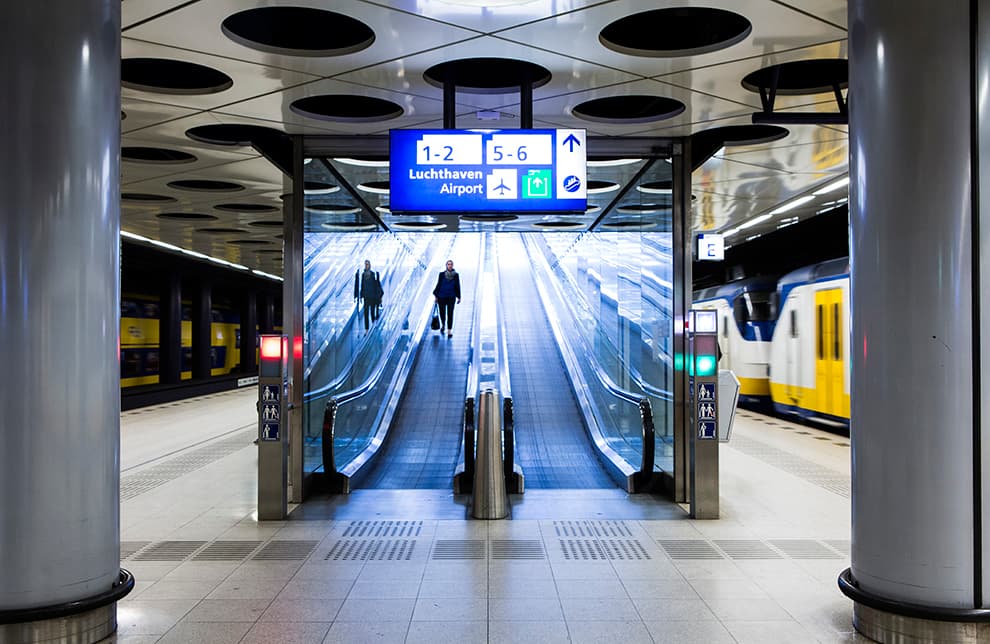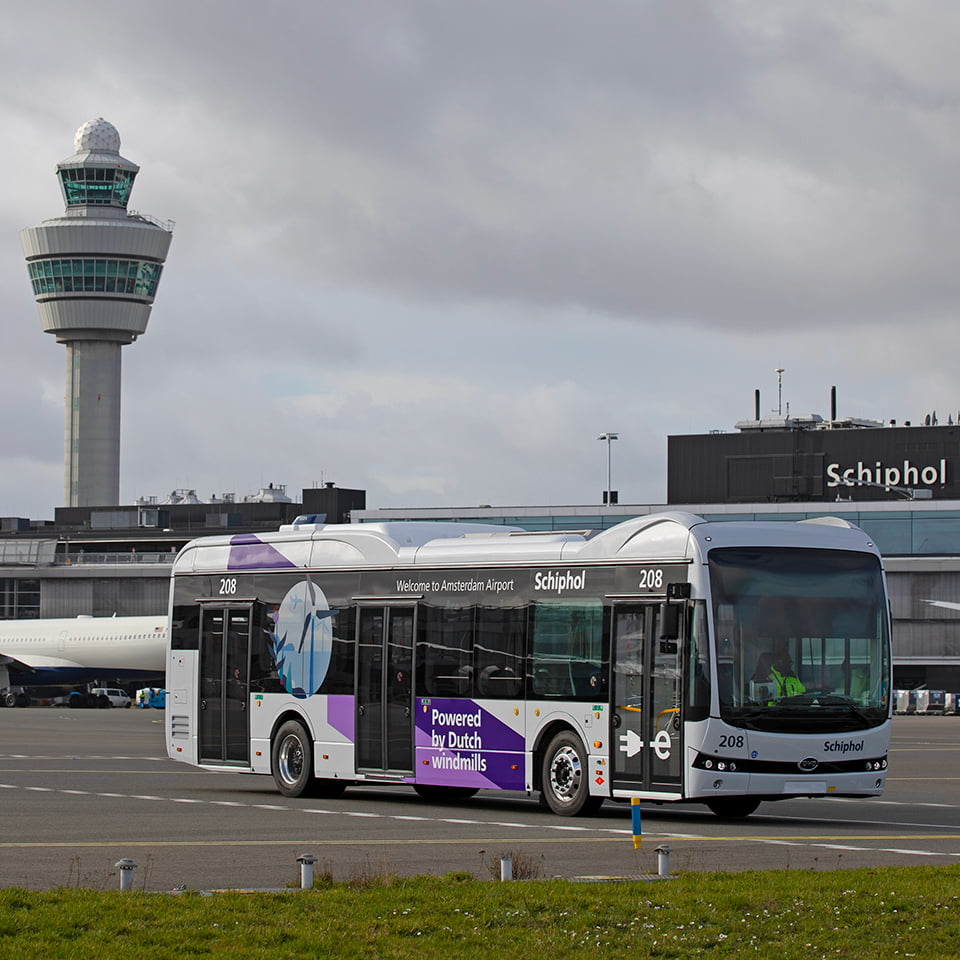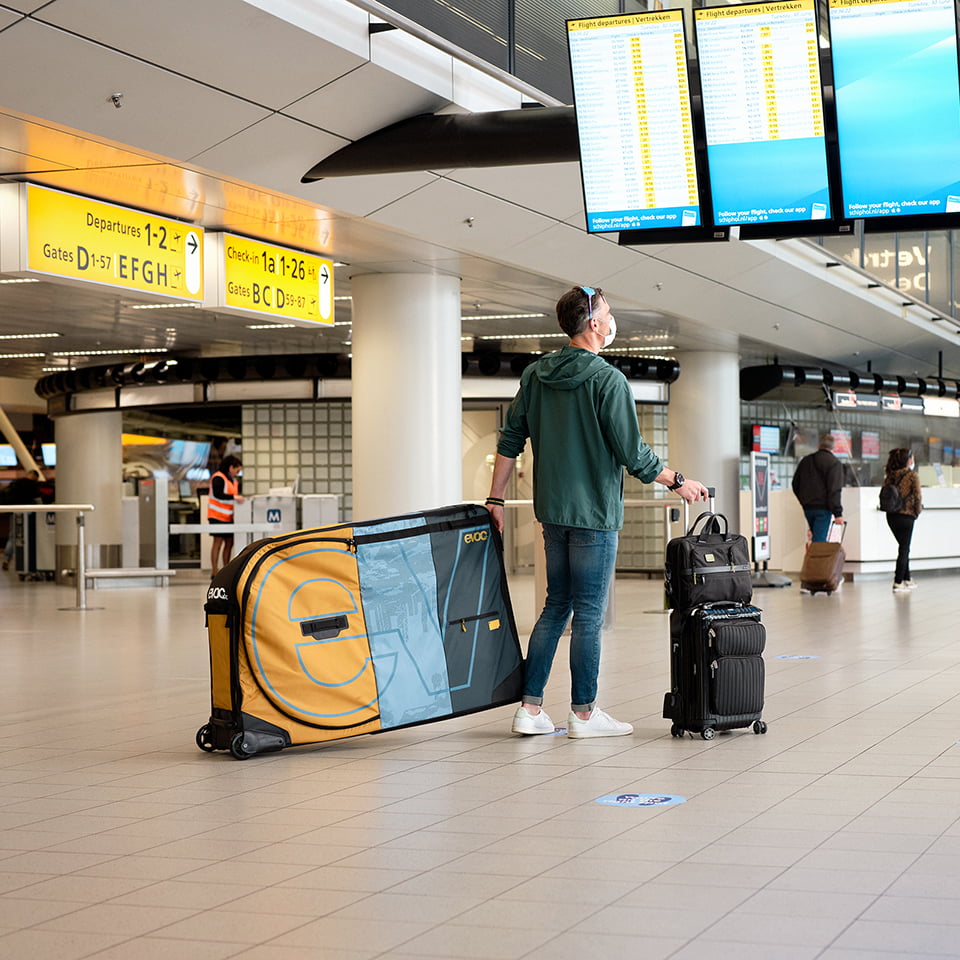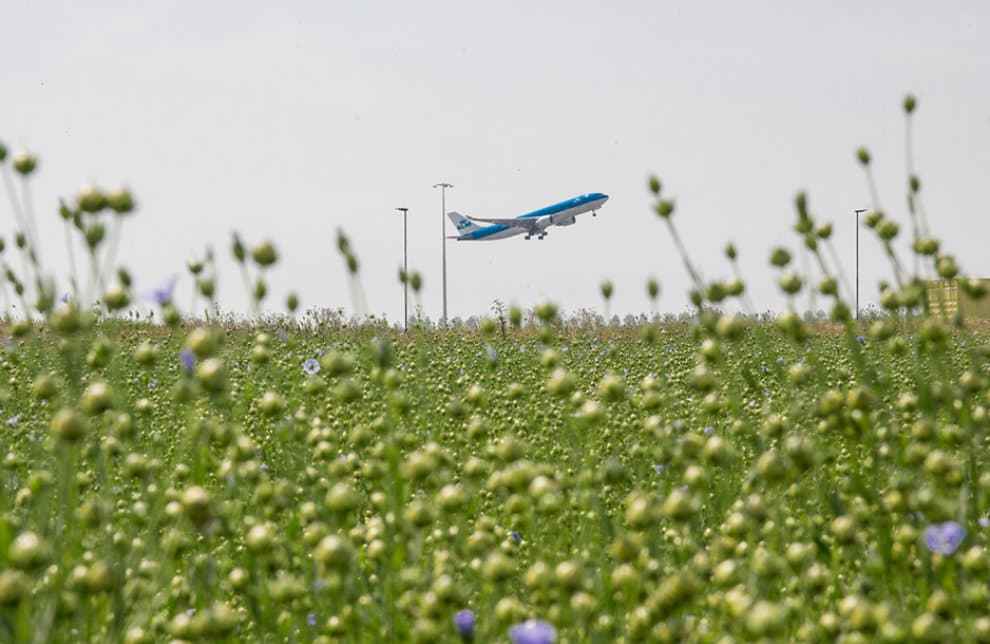
Schiphol is encouraging the development of electric flight and hydrogen-powered flight. We follow developments closely. Electric aircraft and hydrogen-powered flight can help to significantly lower the carbon emissions of short-haul flights. Commercial flights are a long way off, but progress is certainly being made in the area of electric flight.

Rotterdam The Hague Airport is now home to the Pipistrel Velis Electro – a two-seater aircraft. The Pipistrel is the first electric aircraft registered in the Netherlands. The Pipistrel is being used to gather the necessary knowledge and experience to advance electric flight. Research is also being done into the impact of electric aircraft on the airport. Schiphol is conducting the research at Rotterdam The Hague Airport together with partners from the organisation aimed at more sustainable aviation called ‘Duurzame luchtvaarttafel’ (innovation and hybrid electric aircraft project group) and Rotterdam The Hague Innovation Airport (RHIA) community.
How feasible is electric flight? What is required at the airport to make it possible? Can a network between European regions be created? Eindhoven Airport, Rotterdam The Hague Airport and Groningen Airport Eelde are going to find out. The airports have set up the Power Up living lab, supported by Royal Schiphol Group and the Netherlands Aerospace Centre (NLR).
In addition to electric flights, flying on hydrogen is also undergoing rapid development. In order to accommodate hydrogen-powered planes at the airport, changes need to be made to infrastructure. Schiphol and Rotterdam The Hague Airport are working on this together with other parties.





